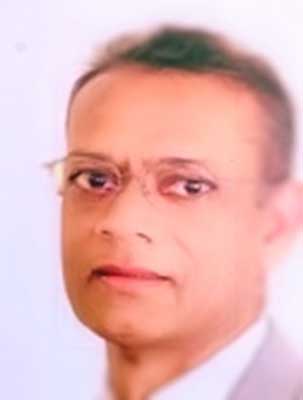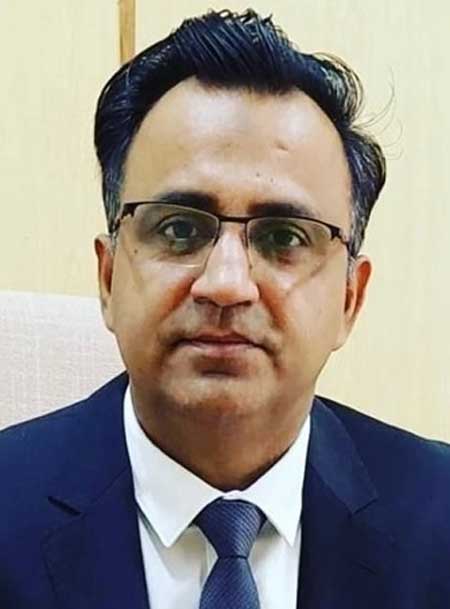The BRICS 2024 summit in Kazan Russia (October 22-24) is highly significant this week as it will not only admit new members to its roster but will also define the bloc’s strategy to complement its core values and its role in shaping the New World Order.
To reinforce unity and present a unified voice for the Global South, BRICS Foreign Ministers (FMs) met last week (June 10-11) in Russia to reiterate their commitments to mutual respect, collective economic & social prosperity, and development of a new international financial system without hegemonic power to any member states, an alternative to the current SWIFT system. Additionally, the Ministers discussed global & regional trends and bilateral issues, regional security, and equal participation of the Global South in the decision-making process of the UN institutions. At the end of the summit, the foreign ministers issued a joint statement consisting of 54 key priorities. According to initial estimates, there were $78 billion bilateral deals signed on the sidelines of this summit. The FMs also condemned the ongoing massive scale loss of innocent lives and jointly stated their resolve for immediate ceasefire and a permanent TWO states Palestine solution in accordance with the UN resolutions.
This week, BRICS bloc will focus their summit on three main subjects; (1) politics & security, (2) economy & finance, and (3) cultural & people-to-people exchanges. This clearly demonstrates that the BRICS bloc is not limited to merely economic matters; it has genuinely ambitious plans to transform the world by supporting and uplifting the entire Global South, including other developing countries.
The BRICS nations, along with other countries from the Global South, express deep disappointment with the United Nations. Their primary grievance lies in the dominance of Western nations within key international institutions and decision-making processes.
A prevailing perception among BRICS countries and other Global South nations is that the UN and other international bodies exhibit a bias in favor of Western nations. This sentiment is particularly pronounced when it comes to human rights issues.
BRICS members like China and Russia have often faced criticism within the UN framework, while similar issues in Western countries receive less attention or scrutiny. This perceived double standard fosters distrust and dissatisfaction, eroding confidence in the UN’s ability to address global challenges impartially.
The United Nations (UN) was created in 1945 to promote global peace and security in response to the WWII horrors and to correct the League of Nations failures. The UN’s goal was to offer a platform for all the nations to discuss and resolve global problems together.
Many Global South countries, including BRICS members, rely on financial assistance and development aid from international institutions, like the IMF, WB, ADB, etc. However, they believe that the Western-led organizations impose stringent conditions. These conditions hinder economic growth, limit policy flexibility, and compromise their national security and sovereignty. The Global South seeks a more equitable approach-one that recognizes their unique contexts and development needs.
Consequently, there is a push for extensive reforms, and some even advocate for a complete replacement of the UN. The goal is to create a more balanced and representative global governance system.
The BRICS bloc aims to grow, develop, and cooperate, including partnering with the West, but they aspire to do so on equal terms. This means that no single hegemon can impose sanctions or force the nations to act against their national interests. The BRICS bloc focuses on peace, security, mutual respect, and collaboration on equal terms. The BRICS initiative emphasizes key strategies that will have a lasting impact on establishing a political and economic Multipolar World Order (MPWO), one of which entails reducing dependence on the United States dollar by switching to local currencies for all their cross-border transactions.
BRICS is actively developing a payment infrastructure that aims to enhance the voice of the Global South. This system will provide an alternative to the existing international financial clearing system (SWIFT). The new system will be free from political pressure, abuse, and sanction interference.
The development of cross-border trade among members, coupled with reducing reliance on the dollar, will be a key topic during the BRICS summit. This is why, during the summit, the FMs highlighted the focus on trade, maritime routes, and logistics as the foundation for their cooperation. Such initiatives will undoubtedly attract more new members, as the developing nations of the Global South (mostly land locked) seek to grow their economies through trade.
BRICS advocates for reforming the governance structure of the IMF. The current system disproportionately favors Western powers. BRICS seeks fairness and equitable terms in decision-making processes. By pushing for reforms, BRICS aims to ensure that the Global South has a stronger voice in shaping international financial policies.
The New Development Bank (NDB), established by BRICS in 2013, plays a crucial role in financing projects in the Global South. It is positioned to become the primary lender for developing nations, offering an alternative to traditional institutions like the IMF, WB and ADB, etc. on more favorable terms. According to the latest (July 25, 2022) publicly available data, the NDB has funded 77 projects worth US$29.7 billion and has a capital base of over US$50 billion. As of May 10, 2024, the US credit agency, S&P Global, has rated NDB with AA+.
Affordable and reliable energy is vital for national security and economic development. BRICS countries recognize this and emphasize energy cooperation.
Collaborative efforts in energy production, distribution, and technology sharing can benefit all member nations and contribute to their overall stability, growth, and security.
BRICS supports the principle of “African solutions for African problems.” This approach recognizes that local contexts require tailored solutions.
The foreign ministers of BRICS countries also expressed their support for full membership for Palestine in the United Nations. They advocate for a two-state solution based on the 1967 borders.
In summary, BRICS is actively working not only in creating a Multipolar World Order but also to develop an unprecedented Financial System where not a single country will have hegemonic power for trade, sanctions, assets confiscation, and bank accounts freeze. The new system will enhance representation of the Global South and will promote cooperation on equitable terms across all New World Order domains. Its efforts extend beyond economic matters to geopolitical and humanitarian issues, emphasizing fairness and inclusivity on equitable terms for every member of the bloc.
BRICS 2024 & the New World Order




